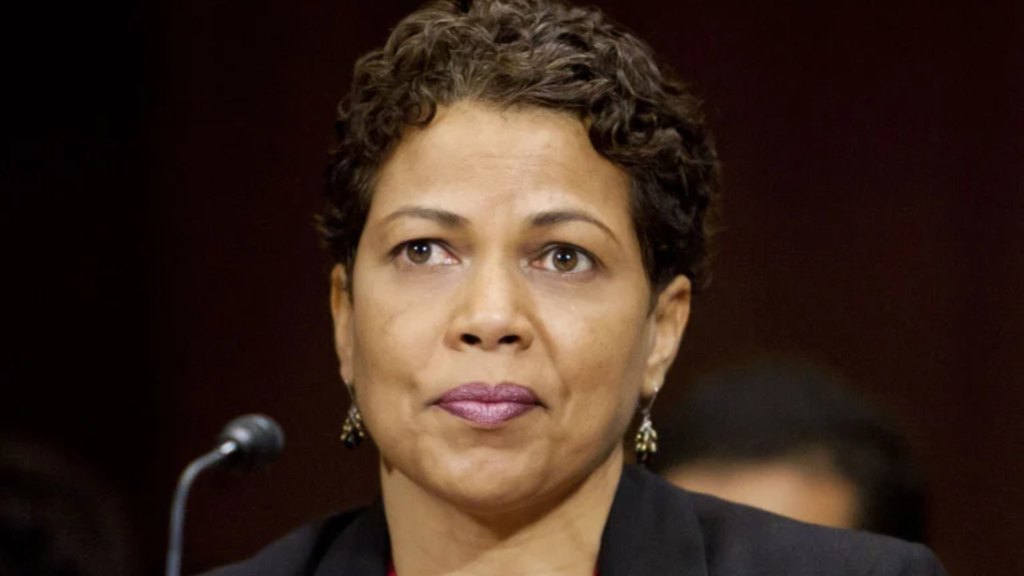
Judge Tanya Chutkan, an Obama appointee, denied a request for a temporary restraining order (TRO) on Tuesday, rejecting an emergency motion filed by 14 Democrat state attorneys general seeking to block Donald Trump and the Department of Government Efficiency (DOGE).
The attorneys general, representing blue states such as Arizona, Michigan, Rhode Island, New Mexico, California, Massachusetts, and others, filed a lawsuit arguing that President Trump’s creation of DOGE and his appointment of Elon Musk to oversee the agency violated the Appointments Clause of the U.S. Constitution.
According to their legal argument, Musk, who has not been confirmed by the Senate, is exercising unchecked power over executive branch employees in a way that undermines constitutional norms.
In their request for a TRO, the attorneys general sought an immediate halt to Musk’s involvement in DOGE, claiming that his role amounted to an unconstitutional appointment.
Their lawsuit contended that Musk should be prohibited from issuing directives to any federal employees or agencies until the matter is fully adjudicated.
The plaintiffs warned that allowing Musk to continue in his role would cause significant and irreparable harm by disrupting the legal structure of the executive branch and the balance of powers.
This argument is reminiscent of a prior legal challenge involving the Appointments Clause in Judge Chutkan’s courtroom. Former President Trump’s legal team previously argued that Special Counsel Jack Smith’s appointment was unconstitutional for similar reasons—namely, that he had not been confirmed by the Senate.
Judge Chutkan, however, dismissed that argument and allowed Smith’s case against Trump to proceed. The contrast between Chutkan’s handling of these cases highlights the complex and often partisan interpretations of constitutional provisions governing executive appointments.
During a Friday hearing, Judge Chutkan appeared skeptical of the plaintiffs’ emergency request for a TRO, suggesting that the scope of their request was too broad. She directed the attorneys general to file a revised, more narrowly tailored proposal. However, despite this opportunity for revision, Chutkan ultimately ruled against granting the TRO.
In her decision on Tuesday, Judge Chutkan found that the plaintiffs had failed to demonstrate that they would suffer imminent and irreparable harm if Musk continued in his role at DOGE while the lawsuit proceeded. “Based on the parties’ briefing, oral argument, and the current record, the court finds that Plaintiffs have not carried their burden of showing that they will suffer imminent, irreparable harm absent a temporary restraining order, and therefore Plaintiffs’ motion is DENIED,” Chutkan wrote in her ruling.
The decision marks a significant moment in the ongoing legal battle over the Trump administration’s governance structure and its efforts to streamline federal operations through DOGE.

